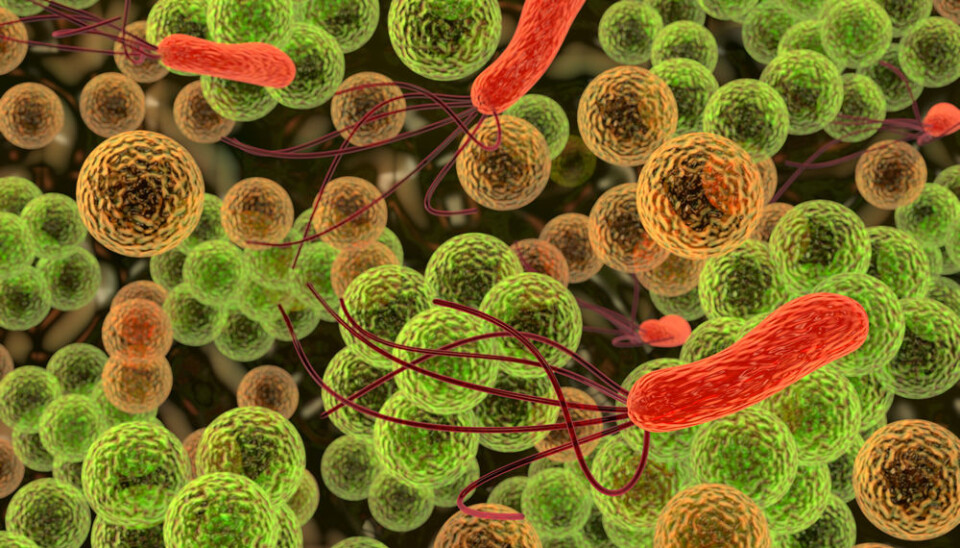
Antipsychotic drug fights resistant bacteria
Studies have shown how the antipsychotic drug Thioridazine can make unusable antibiotics effective again.
A group of researchers at the University of Southern Denmark (SDU) is collaborating with Odense University Hospital to establish which mechanisms lie behind auxiliary agents and the effect they have on bacteria.
The studies have shown, among other things, how drugs like Thioridazine -- once used to treat psychotic patients -- can cure animals from staphylococcus infections when used together with antibiotics.
This added bonus of Thioridazine has broken ground in research into resistant staphylococci, which are infamous for developing painful infections in both humans and animals.
“Staphylococci are part of our natural bacterial flora. They are found, for instance, on our skin and in our noses. If you are unfortunate enough to get scratch or cut, staphylococci can cause an infection,” says research leader Birgitte H. Kallipolitis Ph. D, an associate professor at the University of Southern Denmark.
“Unfortunately, staphylococci which are resistant to antibiotics have emerged, making them extremely difficult to combat. So we are working to develop a new strategy to combat infections caused by staphylococci resistant to antibiotics.”
Antibiotics with Thioridazine kill staphylococci
This strategy involves studying how bacteria are impacted by Thioridazine in combination with various types of bacteria-inhibiting drugs.
This includes so-called ‘assaults with intent to kill’ on bacteria, which are exposed to Thioridazine, either on their own or in combination with antibiotics, to see if the bacteria survive or die.
The results of these studies have since shown that staphylococci are killed when antibiotics are supplemented by auxiliary agents.
Auxiliary agents reduce the risk of resistance
Using an ordinary agent like Thioridazine enables researchers to continue using already-existing, familiar antibiotics, and the combination of auxiliary agents and bacteria-inhibiting drugs also has the tremendous advantage of reducing the consumption of antibiotics, since smaller amounts of antibiotics can be used when they are combined with auxiliary agents.
The resulting reduction in the use of antibiotics also reduces the problem of resistance. Kallipolitis stresses the significance of being aware of already-existing drugs and their potential beneficial effects on resistant bacteria.
‘Super’ auxiliary agents beneficial to patients
In the long run, the intention is to develop a ‘super’ auxiliary agent which no longer has any antipsychotic effect.
Achieving this goal may not be that far into the future since researchers at SDU and Odense University Hospital are already conducting experiments involving a combination treatment of mice and pigs.
-----------------
Read the original story in Danish on Videnskab.dk
Translated by: Hugh Matthews








